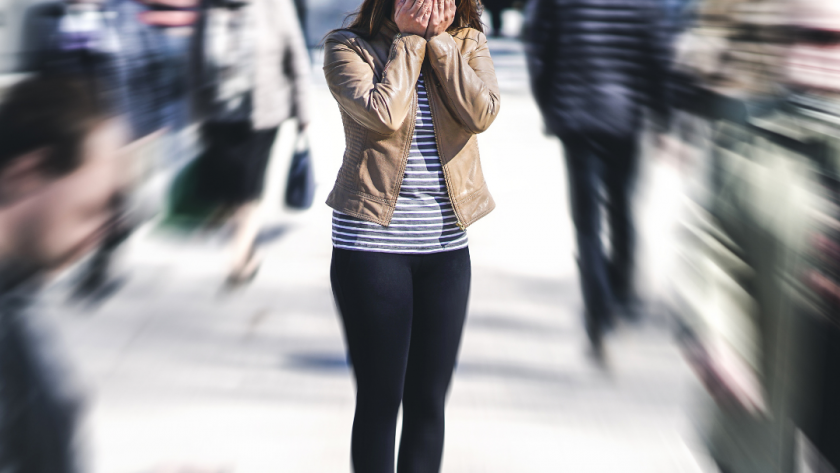Facts from the World Health Organization show that about 3.6% of the total world population suffers from anxiety disorders. It is surprising to know that even if the condition is common among people, the majority of cases go unnoticed or unreported. There may be various reasons behind such a tendency.
Among several Houston anxiety treatment facilities, you would get satisfying service at the Fulshear Medical Associates. They provide the best psychiatric treatment in Houston, Texas. They support personalized care, right from diagnosis, treatment to follow-up. You can contact them over the phone either for general inquiries or fix an appointment.
Here, you would get to know some general knowledge about anxiety disorder.
What Do You Know About Anxiety Disorder?
It is a mental illness where you feel excessive anxiety or fear to the point of interrupting your daily living. You may also experience various physical symptoms related to it. You are unable to control your emotions and response. At times, a particular object or situation may trigger such a response.
Symptoms
- Palpitation
- Difficulty in breathing
- Dry mouth
- Tensed muscle
- Cold sweats
- Tingling sensation or numbness in limbs
- Restlessness
- Repetitive flashbacks of trauma
- Nightmare
- Sleep problem
- Acute fear
- Obsessive thoughts
- Compulsive behavior
Factors Contributing To Anxiety Disorders
Like in any other psychological disorder, these three common factors work together –
- Biochemical Imbalance – It refers to the hormonal and chemical imbalance in your body. It may be due to certain medication or long-term exposure to stress.
- Heredity – You can inherit some mental disorders from your family like any other physical trait.
- Environment – Suppose, you are prone to anxiety and panic in normal circumstances. You would be more vulnerable and develop the disorder with any traumatic experience.
Different Types of Anxiety Disorder
Let’s discuss some major anxiety disorders –
- Generalized Anxiety Disorder or GAD – You would worry without any specific reason, have low concentration, and have poor sleep.
- Phobias – It is an extreme feeling of fear towards a particular object or situation such as fear of height, insects, or blood.
- Panic disorder – You can have panic attacks with or without any trigger. You might have suffocation, dizziness, chest pain, palpitations, and sweating while experiencing a panic attack.
- Obsessive-Compulsive Disorder (OCD) – You would have obsessive thoughts and to counteract it you would develop compulsive or ritualistic behavior. You have no control over them.
- Post-Traumatic Stress Disorder (PTSD) – It may develop after you have a traumatic experience. You would have flashbacks and feel anxious in a similar situation.
How To Treat and Manage Anxiety Disorder?
Healthcare professionals treat anxiety disorder with psychotherapies and anti-anxiety or antidepressant medications. Along with it, you should try to manage it at home by exercising and engaging in stress-busting activities. You should also get enough sleep and a balanced diet. Maintaining a healthy lifestyle with no or low alcohol and caffeine consumption would help a lot.



